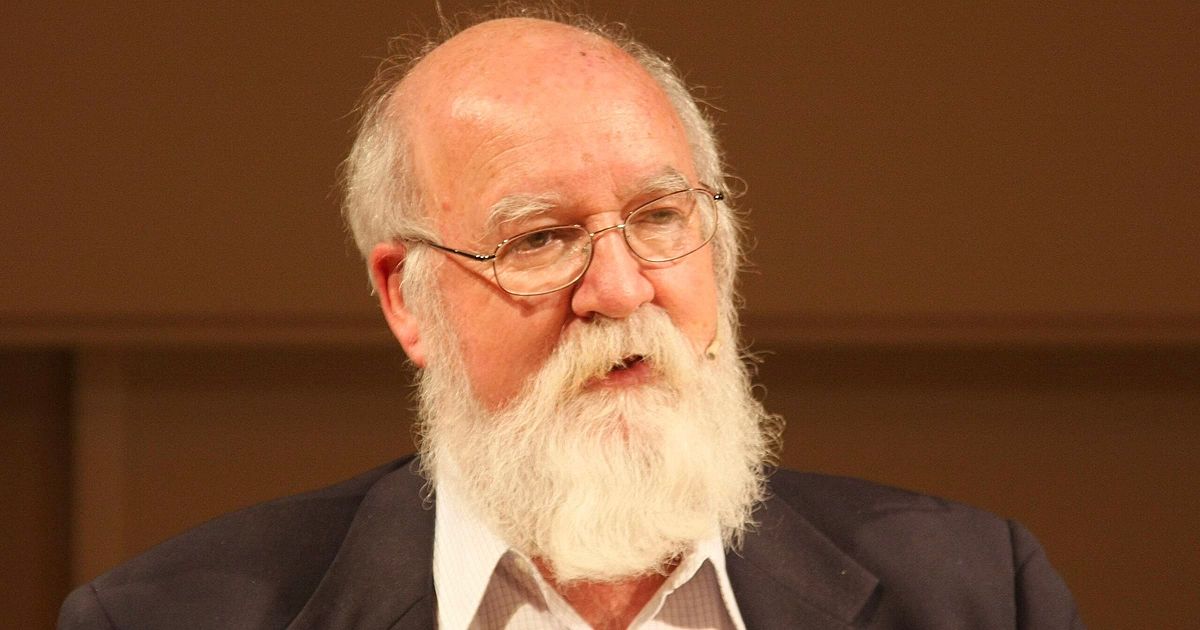Explore the intellectual contributions of Daniel Dennett and the implications of his materialist worldview. Reflect on the nature of consciousness and the limits of scientific materialism. Embrace diverse perspectives and remain open to alternative explanations for the mysteries of the human mind.
Reflecting on the Legacy of Daniel Dennett: The End of an Era
The recent passing of Daniel Dennett has sparked both conventional tributes and deeper reflections on his intellectual contributions. Dennett, known for his works like 'Consciousness Explained' and 'Darwin's Dangerous Idea,' proposed that our minds, much like our bodies, are the products of millions of years of Darwinian evolution.
One of Dennett's intriguing insights, as highlighted by science writer Dan Falk, is the concept that our minds are user illusions. He suggests that our first-person perspective of our own minds is not fundamentally different from our second-person perspective of others' minds. We do not directly perceive the complex neural processes occurring in our brains but rather rely on an interpreted and digested version, a user illusion that we mistake for reality. It is this user illusion that constitutes our understanding of ourselves and the world around us.
However, there is a fundamental flaw in Dennett's materialist view of the mind. An illusion presupposes the existence of an actual mind that is subject to the illusion. Hence, while Dennett's ideas take us to an interesting place, they ultimately bring us back to where we started.
The Nature of Consciousness: Illusion or Representation?
Renowned science writer John Horgan raises an important concern regarding Dennett's characterization of consciousness as an 'illusion.' Horgan emphasizes that an illusion does not necessarily imply falsehood. Our thoughts and perceptions may be representations of our brain/minds and the world, but that does not make them inherently false. Even if one's thoughts were influenced by psychosis or an illusory simulation, it would be incorrect to label consciousness itself as an illusion. This conflation of consciousness with its contents, as suggested by Dennett, is akin to claiming that a book does not exist if it depicts nonexistent things.
Horgan further asserts that Dennett's passing marks the end of an era characterized by an ultra-materialist, ultra-Darwinian, and know-it-all scientism. It raises the question of how much of the prestige enjoyed by philosophers like Dennett stems from their alignment with intellectual prejudices such as materialism, and whether alternative perspectives have been suppressed.
The Limitations of Materialism and the Search for Consciousness
Despite Dennett's claim to have 'explained' consciousness, the reality is far from it. Last year, prominent neuroscientist Christof Koch lost a 25-year bet to Dennett's philosophical opponent, David Chalmers. Koch failed to discover the physical signature of consciousness in the brain, despite his prolonged search. Notably, this pursuit subjected Koch to criticism from fellow neuroscientists, highlighting the controversy surrounding the issue.
Moreover, the field of human neuroscience not only fails to support materialism but also challenges the notion of Darwinism. The human mind, with its capacity for reason and free will, emerges seemingly without apparent evolutionary ancestry. These facts cannot be ignored, and they may necessitate a reckoning in future generations, if not the current one.
The Intellectual Landscape: Prejudices and Perspectives
A revealing anecdote shared by design theorist William Dembski sheds light on the world in which Dennett operated. Dembski sought to include letters from Richard Dawkins and Dennett in an anthology but was denied permission. Instead, he paraphrased their letters and sought their approval. Interestingly, both Dawkins and Dennett preferred their own words over Dembski's paraphrase, emphasizing our inclination to prioritize our own expressions.
As we bid farewell to Daniel Dennett, we are left pondering who will assume his role as the leading, world-famous Darwinian materialist philosopher. Or perhaps, as Horgan suggests, this position will remain vacant, serving as a poignant reflection of the evolving intellectual landscape.
Embracing Diverse Perspectives: Exploring the Mysteries of the Human Mind
In conclusion, Daniel Dennett's passing prompts us to reflect on his contributions and the broader implications of his materialist worldview. While his ideas have shaped philosophical discourse, they also raise important questions about the nature of consciousness and the limits of scientific materialism. As we move forward, it is crucial to embrace diverse perspectives and remain open to the possibility of alternative explanations for the mysteries of the human mind.

